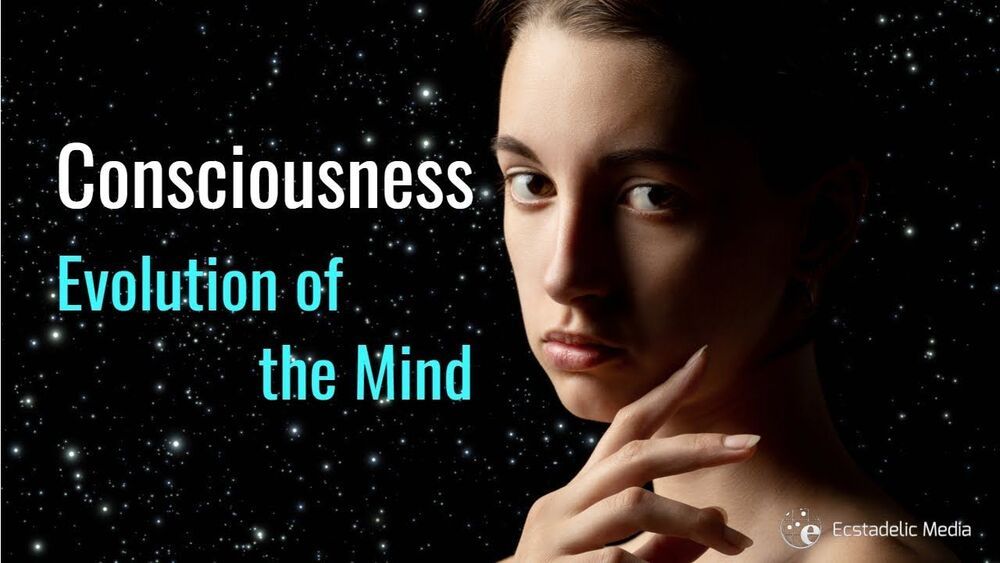Consciousness remains scientifically elusive because it constitutes layers upon layers of non-material emergence: Reverse-engineering our thinking should be done in terms of networks, modules, algorithms and second-order emergence — meta-algorithms, or groups of modules. Neuronal circuits correlate to “immaterial” cognitive modules, and these cognitive algorithms, when activated, produce meta-algorithmic conscious awareness and phenomenal experience, all in all at least two layers of emergence on top of “physical” neurons. Furthermore, consciousness represents certain transcendent aspects of projective ontology, according to the now widely accepted Holographic Principle.
#CyberneticTheoryofMind
There’s no shortage of workable theories of consciousness and its origins, each with their own merits and perspectives. We discuss the most relevant of them in the book in line with my own Cybernetic Theory of Mind that I’m currently developing. Interestingly, these leading theories, if metaphysically extended, in large part lend support to Cyberneticism and Digital Pantheism which may come into scientific vogue with the future cyberhumanity.
According to the Interface Theory of Perception developed by Donald Hoffman and the Biocentric theory of consciousness developed by Robert Lanza, any universe is essentially non-existent without a conscious observer. In both theories, conscious minds are required as primary building blocks for any universe arising from probabilistic domain into existence. But biological minds reveal to us just a snippet in the space of possible minds. Building on the tenets of Biocentrism, Cyberneticism goes further and includes all other possible conscious observers such as artificially intelligent self-aware entities. Perhaps, the extended theory could be dubbed as ‘Noocentrism’.
Existence boils down to experience. No matter what ontological level a conscious entity finds herself at, it will be smack in the middle, between her transcendental realm and lower levels of organization. This is why I prefer the terms ‘Experiential Realism’ and ‘Pantheism’ as opposed to ‘Panentheism’ as some suggested in regards to my philosophy.
